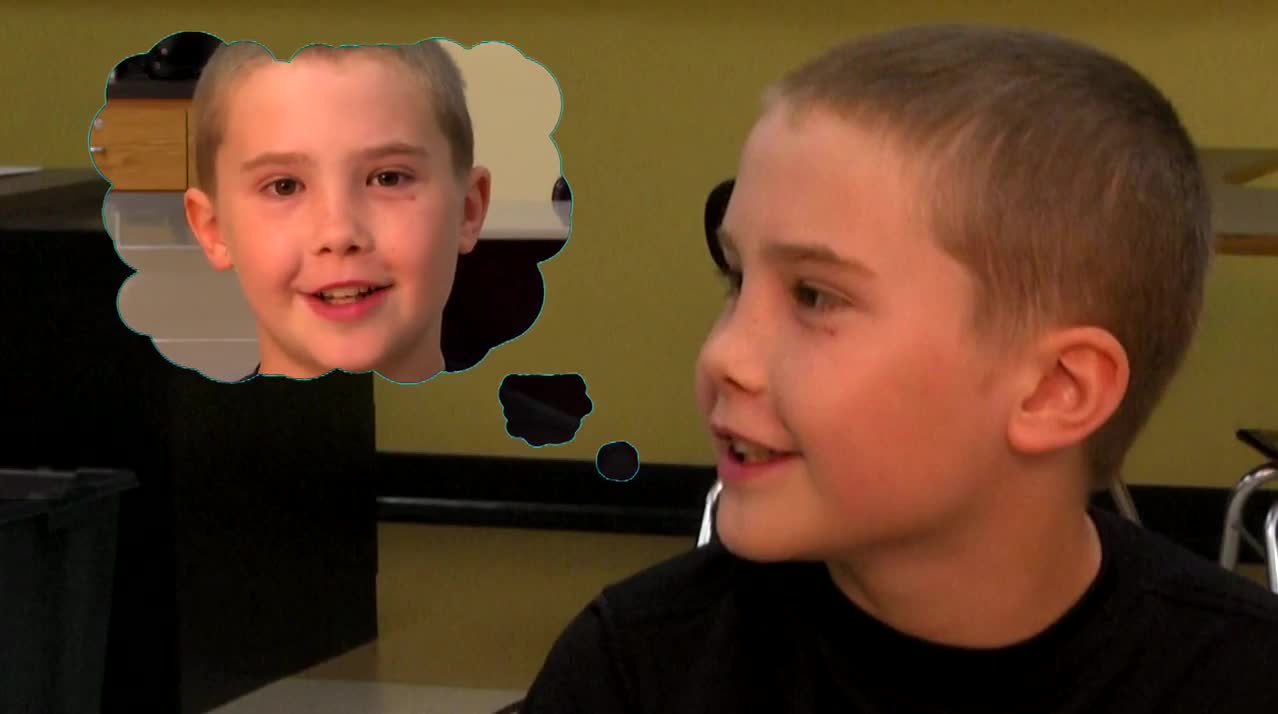
Introduction
Communication is a vital skill in everyday life, and taking turns during conversations is an essential aspect of effective communication. For students in Special Education, learning to take turns while talking can be challenging. In this blog post, we will discuss a no-prep activity designed to teach students the importance of turn-taking in conversations, provide discussion questions, mention related skills, and encourage you to explore more resources to support your students’ social-emotional learning.
No-Prep Activity
This activity, called “Conversational Catch,” requires no preparation or materials from the educator. Begin by explaining to your students that conversations are like a game of catch. One person speaks, and the other person listens, then responds by throwing the “ball” back with their own comment or question.
Pair up your students and ask them to sit facing each other. Assign a topic for them to discuss, such as their favorite hobbies or recent events. Instruct them to practice taking turns speaking and listening, ensuring that each person has a chance to contribute to the conversation. To add a visual component, you can provide a small ball or object for the students to pass back and forth as they take turns speaking.
After a few minutes, ask the pairs to switch partners and practice the activity with a new topic. This will allow students to practice turn-taking with different individuals and develop their conversational skills.
Discussion Questions
- Why is it important to take turns during conversations?
- How do you feel when someone doesn’t give you a chance to speak during a conversation?
- How can you make sure you are giving others a chance to speak in a conversation?
- What strategies can you use to improve your turn-taking skills in conversations?
- How can practicing turn-taking benefit your relationships with others?
Related Skills
Teaching turn-taking in conversations is just one aspect of social-emotional learning. Other related skills that can benefit Special Education students include:
- Active listening: Encouraging students to pay attention to the speaker, make eye contact, and provide verbal or non-verbal feedback.
- Empathy: Helping students understand and share the feelings of others, which can lead to more meaningful connections.
- Conflict resolution: Teaching students how to navigate disagreements and find solutions that benefit all parties involved.
- Emotion regulation: Assisting students in managing their emotions during conversations, especially when discussing sensitive topics.
Next Steps
To further support your students’ social-emotional learning, consider signing up for free samples of skill-building resources and activities. By incorporating these materials into your lessons, you can help your students develop essential communication and social skills that will benefit them throughout their lives.

